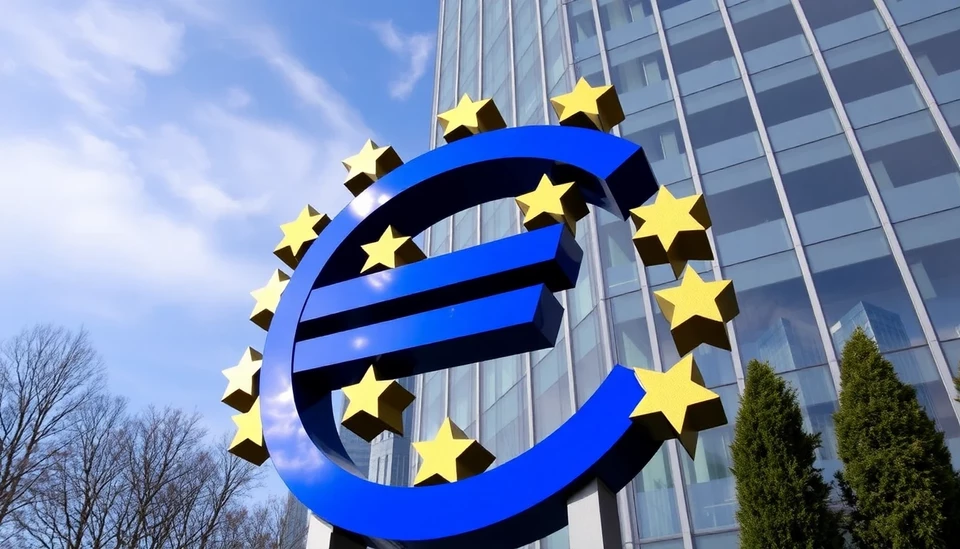
In a significant shift in monetary policy, the European Central Bank (ECB) has announced a reduction in interest rates for the third consecutive time, aiming to invigorate the Eurozone economy amidst easing inflationary pressures. This decision, communicated during a closely watched monetary policy meeting, underscores the central bank's commitment to supporting economic growth while managing inflation expectations.
The ECB lowered its key interest rate by 25 basis points, bringing it down to a historic low of 1.0%. This latest cut follows previous reductions earlier in the year, with the central bank responding to burgeoning signs of economic slowdown spurred by various global and regional factors. ECB President Christine Lagarde emphasized the need for proactive measures to ensure sustained economic recovery across member nations, particularly in light of recent data indicating a deceleration in consumer price growth.
Experts suggest that this latest move reflects a broader trend across major economies where central banks are increasingly willing to loosen monetary policy to boost growth. Market analysts have noted that this rate cut is likely to stimulate borrowing and spending, particularly essential for businesses and households alike, which have been grappling with the effects of global economic uncertainties.
Simultaneously, inflation in the Eurozone has shown signs of tapering off, falling to a more manageable level. This decrease provides the ECB with a conducive backdrop to implement such a policy change. Lagarde remarked on the improving stability in inflation rates and reiterated the bank's vigilance in monitoring economic indicators to adjust its strategy as necessary.
The rate cut arrives at a pivotal moment as the Eurozone continues to navigate challenges like sluggish growth, geopolitical tensions, and evolving consumer behavior. Policymakers are optimistic that this reduction will bolster investment and ultimately stimulate job creation, contributing to a balanced and resilient economic landscape.
In response to the announcement, European markets reacted positively, reflecting a sense of relief among investors who were concerned about prolonged economic stagnation. The euro initially saw mixed reactions against major currencies but stabilized as confidence in the ECB's ability to steer the economy recovered.
Looking ahead, economists are divided on the potential long-term impacts of such aggressive monetary easing. While some predict a swift economic rebound with increased consumer activity, others caution against the risks of prolonged low rates, including the possibility of asset bubbles and diminished savings rates for consumers.
Overall, the ECB's decision marks a crucial juncture in its monetary policy approach, demonstrating its adaptability to changing economic conditions while fostering growth in the Eurozone. As the central bank embarks on this journey to recalibrate its policies, stakeholders are keeping a close watch on subsequent data releases and further developments in economic activity.
In summary, the ECB's latest interest rate reduction exemplifies a proactive response to shifting inflation dynamics and the broader economic environment. As the Eurozone braces for potential impacts from this strategic adjustment, the coming months will be pivotal in determining the effectiveness of these measures in revitalizing economic growth.
#ECB #InterestRates #Eurozone #Economy #Inflation #MonetaryPolicy #EconomicGrowth #ChristineLagarde
Author: Laura Mitchell




